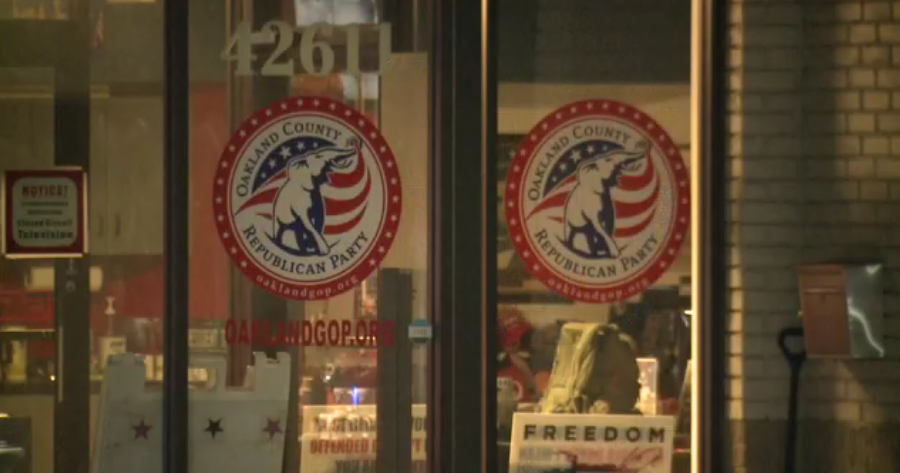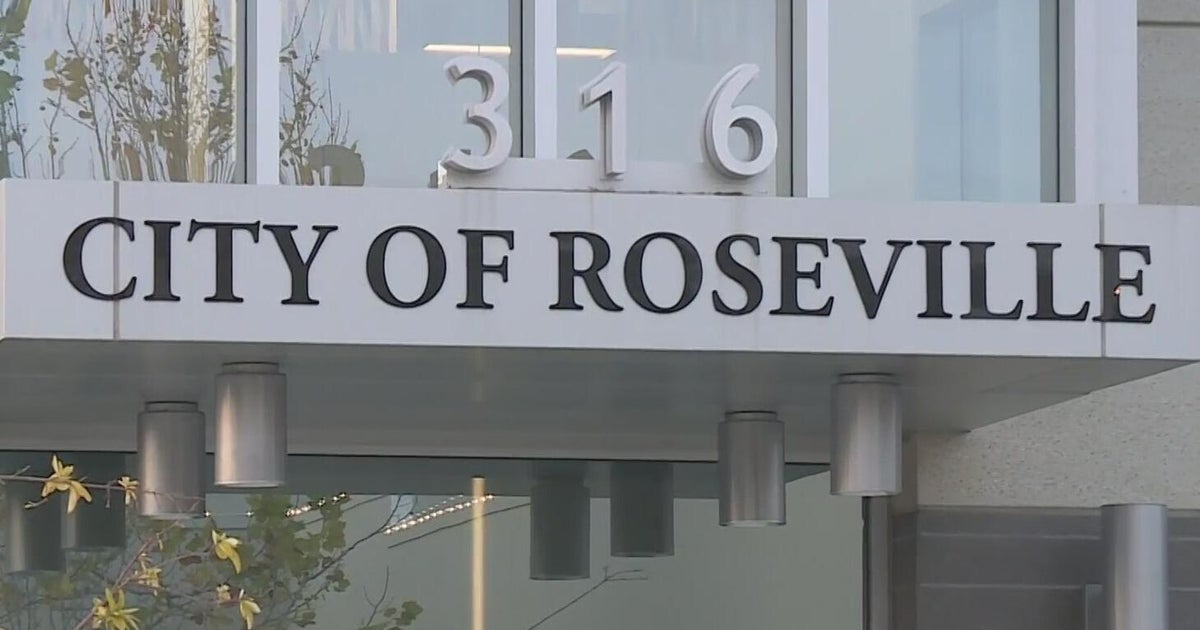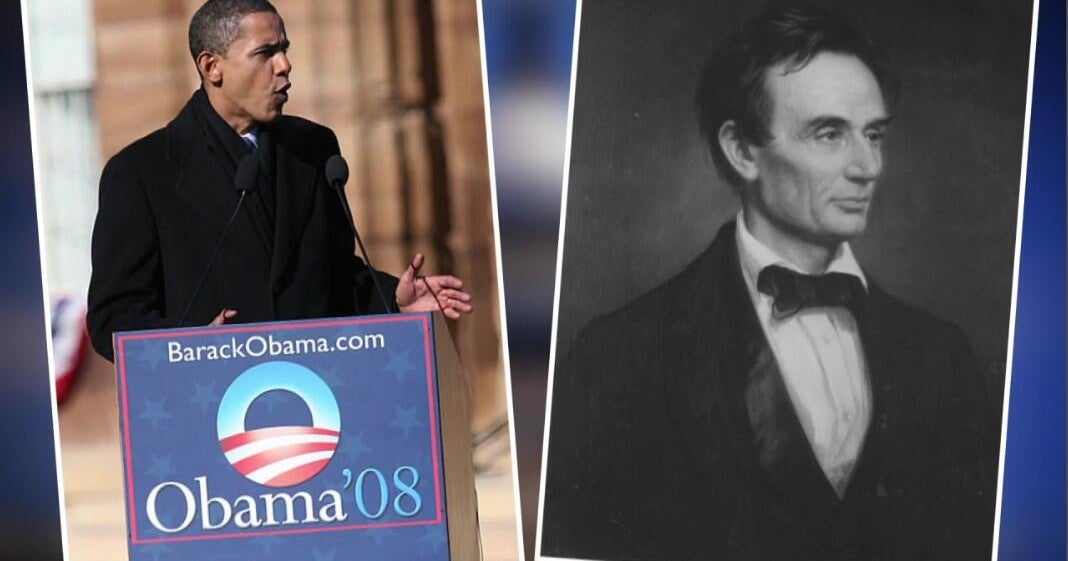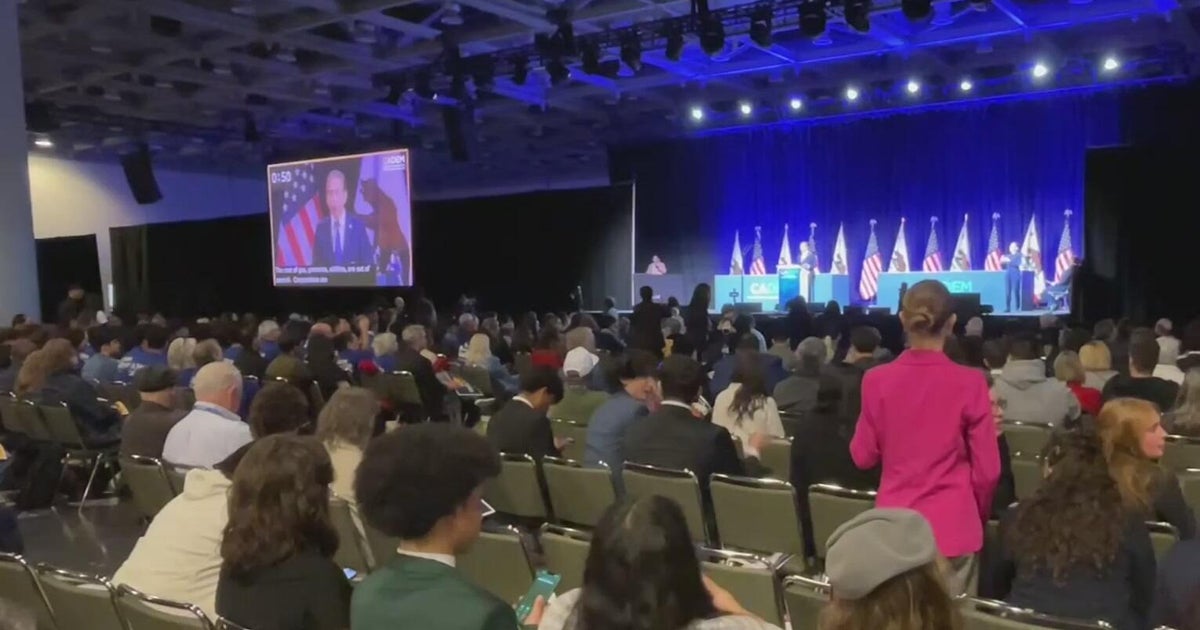Capitol's DFL Leaders Must Guard Against Overreach
ST. PAUL, Minn. (AP) -- After a full two decades of divided state government in St. Paul, the three Democrats setting the agenda at Minnesota's Capitol starting in January must prove the party can take advantage of what may be a once-in-a-generation opportunity.
One is Gov. Mark Dayton, starting the second half of his first term with the best opportunity in a long political career to enact progressive goals. The others are House Speaker-designate Paul Thissen and incoming Senate Majority Leader Tom Bakk, who both competed with Dayton for his job less than three years ago but now must work with the governor and lead 112 legislative Democrats from around the state who have a wide range of political views and goals.
When the 2013 Legislature convenes in January, Minnesota Republicans will be totally locked out of power the first time since 1990. At the forefront of the debate among Democrats will be the need to eliminate another projected state budget deficit, likely through a mix of spending cuts and new sources of revenue. Dayton is expected to push for an income tax increase on the state's wealthiest citizens, the goal that defined his 2010 candidacy and his first year in office.
Democrats will be under pressure to spend more on public schools and provide property tax relief after making it a goal for the last decade. Liberal Democrats in the new Legislature could push left-leaning causes, from unionizing home child care workers to legalizing gay marriage.
"Voters rolled the dice on one-party control because they were tired of the gridlock and the fighting and nothing getting done," said Bakk, whose sprawling Senate district covers a large portion of northeastern Minnesota. "There are a lot of people who think we will overreach. Those people don't know me."
Bakk and Thissen hail from distinct but important factions of Minnesota's Democratic coalition. Bakk, a retired carpenter and union official from Cook, has deep ties to the labor culture of the Iron Range. Thissen, an attorney, lives in an affluent part of southwest Minneapolis and represents portions of that city and the suburb of Richfield.
The two men also have different styles. The burly and gregarious Bakk is usually good-humored but has been known to display a temper. The lanky Thissen is cool and cerebral and more cautious in public remarks but has shown flashes of sarcasm.
Bakk is "a good Iron Range union thug. I mean that in a good way," said Tom Rukavina, a Democrat retiring after nearly three decades representing the Range in the House.
Bakk, 58, grew up on the shores of Lake Vermilion where his father ran a church camp. His father was also a carpenter, and the younger Bakk learned the trade as a teenager as he helped keep up the camp. After graduating from the University of Minnesota-Duluth, Bakk went to work for U.S. Steel and got involved with the union.
In 1987, Bakk shifted full-time into union administration. "That's where I made the transition to politics," he said.
He was elected to the House in 1994 and often clashed with environmentalists over issues important to mining, logging and recreational interests. Bakk had stints chairing the Tax Committee and served the last two years as minority leader, but always maintained a reputation as a Democrat willing to work with Republicans.
"He has an ability to understand and respect where every member is coming from, the issues that are important to both them and their constituents," said Sen. Dave Senjem, the Rochester Republican whom Bakk is succeeding as majority leader. "He'll differ with you but also have a laugh with you."
Thissen grew up in Bloomington, raised by two teachers; his father, a longtime employee of St. Paul schools, was a Republican who often volunteered for legislative candidates. As a teen, Thissen's first political volunteering was for then-House candidate Kathleen Blatz, a moderate Republican who later rose to chief justice of the Minnesota Supreme Court.
Thissen, 45, said he started to develop his own sense of social justice while a student at the Academy of Holy Angels in Richfield. It led him to the Democratic Party. Thissen went on to Harvard and the University of Chicago Law School before returning home to practice law. He was elected to the Legislature in 2002.
"The first thing you have to mention about Paul is how very bright he is. He's one of the very smartest members of the Legislature," said Rep. Terry Morrow, a St. Peter Democrat and a college professor.
Thissen said he was never consumed by political ambition. His wife ran for office before him in an unsuccessful bid for the Minneapolis City Council. Thissen said he ran in 2002 because of what he considered short-sighted management of the state budget by Republicans and Democrats alike at the Capitol.
"There's been a lot of punting of the ball around here for a long time," Thissen said. "I hope one of the things we can get away from is the short-term thinking that has driven a lot of decisions."
As a legislator, Thissen gravitated to complex issues like pension reform and health policy. Rep. Jim Abeler, an Anoka Republican who worked with Thissen on health care issues, praised his intellect and sense of fairness. But he predicted Thissen would have his work cut out for him as more than two decades of deferred Democratic goals are unleashed on the Capitol.
"It's going to be his job to urge caution," Abeler said. "But he'll be getting daily visits to his office demanding results."
(© Copyright 2012 The Associated Press. All Rights Reserved. This material may not be published, broadcast, rewritten or redistributed.)







